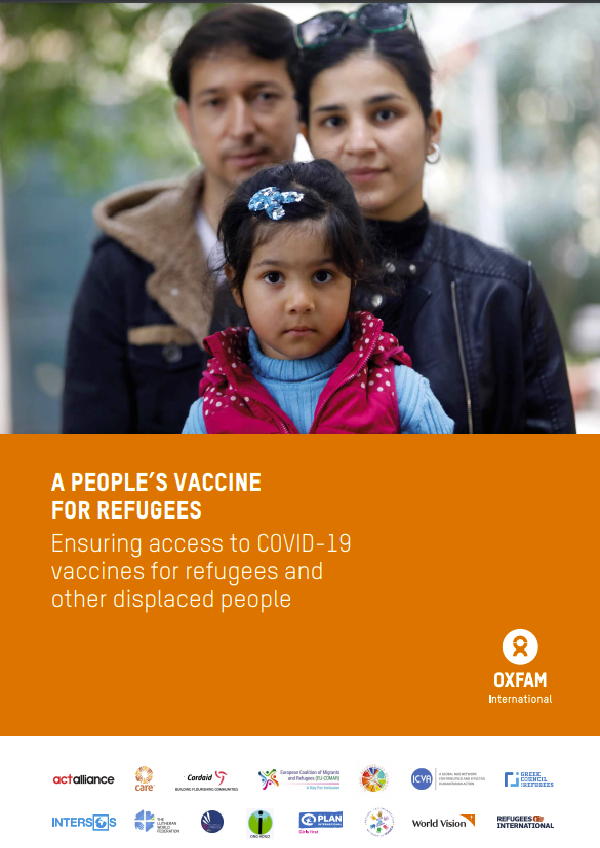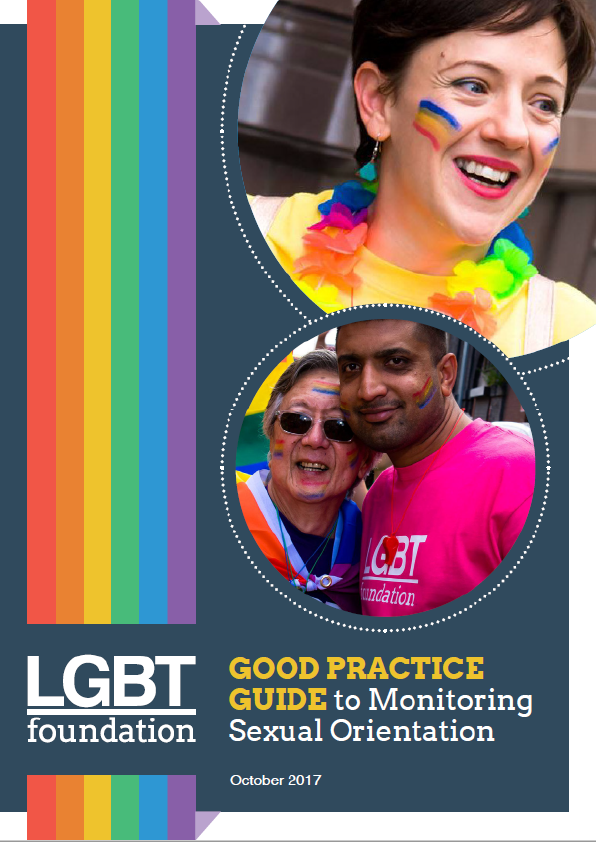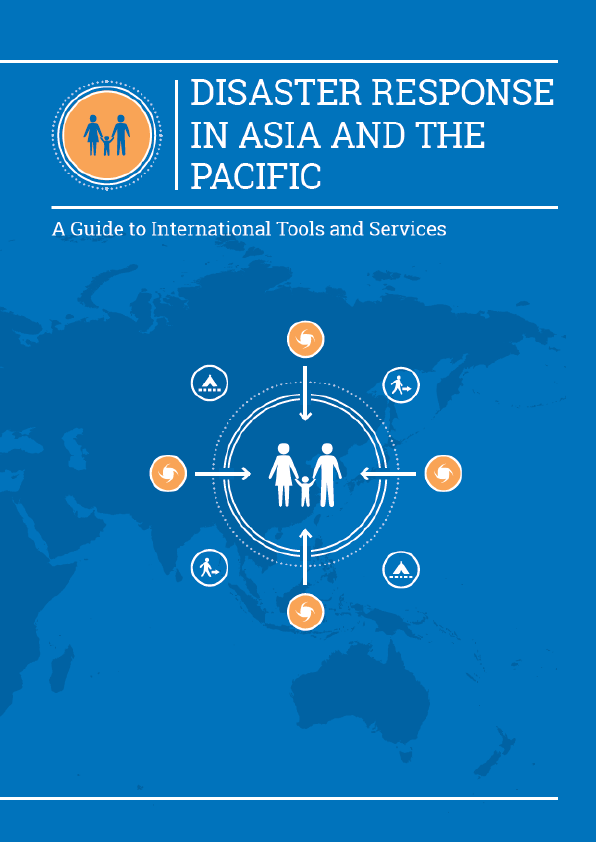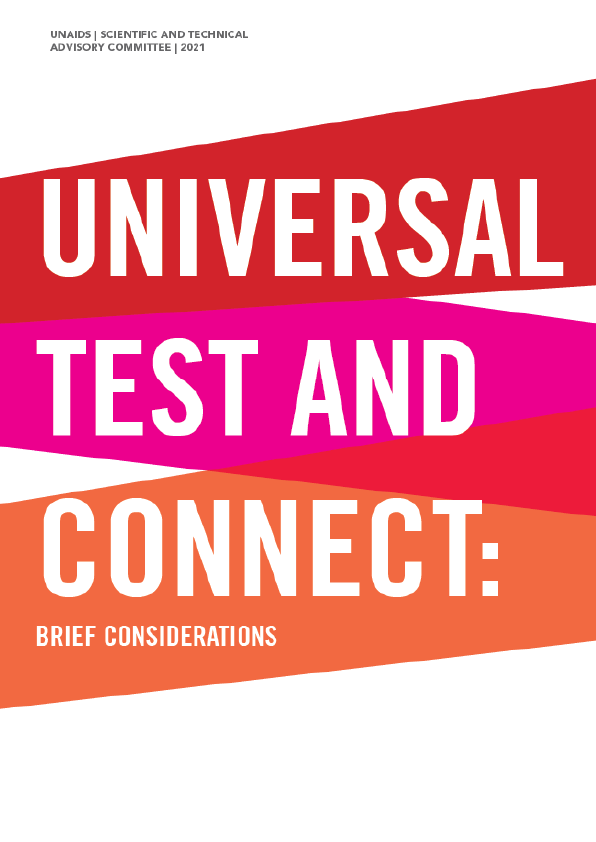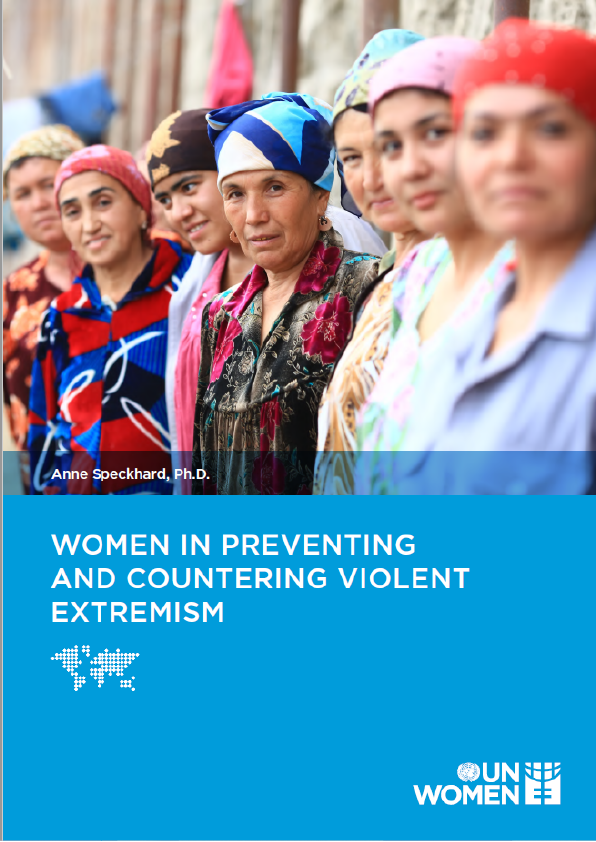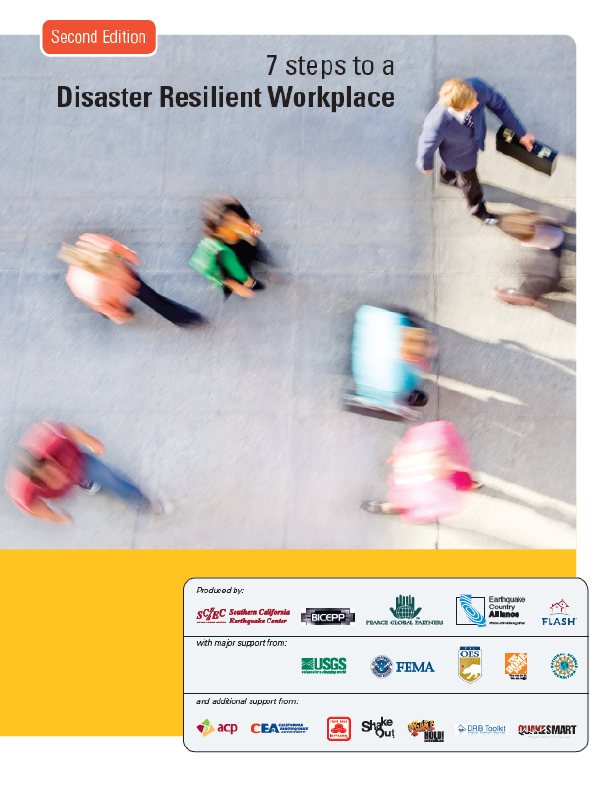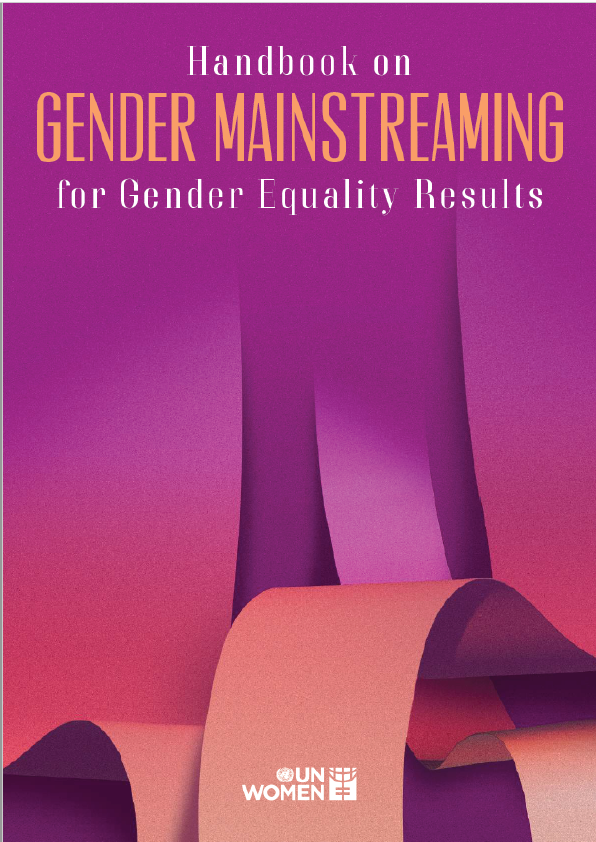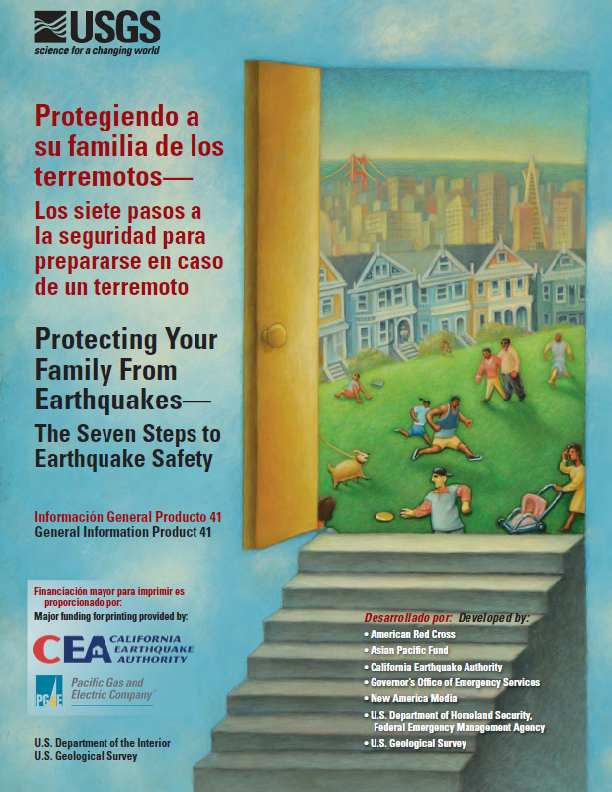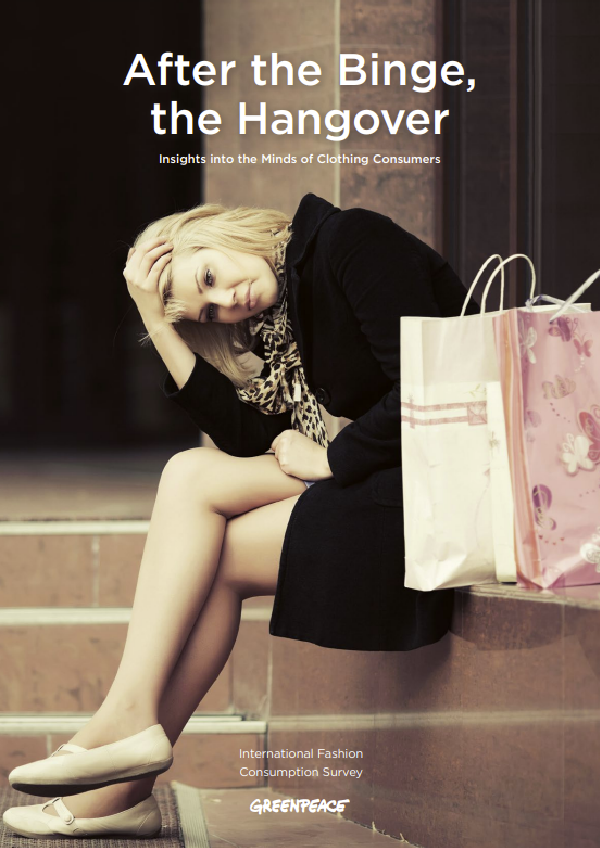Coronavirus disease 2019 (COVID-19) is a contagious disease caused by a virus, the severe acute respiratory syndrome coronavirus 2 (SARS-CoV-2). The disease spread worldwide, leading to the COVID-19 pandemic. As we continue to fight against the Covid-19 pandemic, it is vital that no one is excluded from vaccine coverage. This briefing note addresses some of the challenges faced by displaced people – including refugees, asylum seekers, IDPs, stateless people, and others in displacement contexts – in accessing Covid-19 vaccinations. It identifies a range of administrative and logistical barriers, the issue of lack of information and vaccine hesitancy, and gender-specific barriers to access for these populations. The briefing note provides recommendations to governments, UN agencies, and other actors to help address these challenges and ensure vaccine access for all displaced people.
INTRODUCTION
COVID-19 has had a devastating impact on people’s health and livelihoods in almost every country in the world. We know that the only way out of this pandemic is for everyone, everywhere to have equitable and swift access to vaccines. To do this, we need to take active steps to ensure that no groups are excluded from vaccine coverage – because no one is safe until everyone is safe.
In addition to the vast gaps in access to vaccines between high-income and lower-income nations, refugees and other people in displacement contexts – including asylum seekers, internally displaced persons (IDPs), stateless people, and those displaced by disaster or climate change – face additional barriers to accessing vaccines. It is vital that governments understand and address these specific challenges so that these people are not left behind in receiving desperately needed vaccines.
Displaced people are often particularly vulnerable to the risks of COVID-191 – as a result of living in crowded camps or shared housing, lacking access to water, sanitation and hygiene, and/or health services, or working in essential jobs which expose them to greater risks – and evidence suggests that they are likely to face significant challenges in accessing essential services or protection as a result of the pandemic.2 Yet displaced people are often last in line for a vaccination.
THE NEED FOR GLOBAL VACCINE EQUITY AND EQUITABLE VACCINE ROLL-OUT
For most people in displacement contexts, there are simply not enough vaccines available in the places where they are hosted: 85% of refugees are hosted in lower- and middle-income countries, while in the first six months of this year 85% of vaccines went to wealthy countries; lower- and middle-income countries have still received only a fraction of the vaccine doses they require.3 Shortages in these countries can also pose particular risks to vaccination campaigns aimed at displaced populations, as they can result in them being deprioritized.
So, the very first step in achieving equitable access to vaccines for displaced people must be ensuring that lower- and middle-income countries have enough doses of vaccine for both displaced populations and the communities who host them. It is also critical to invest in vaccine delivery systems to ensure that these vaccines make it into people’s arms, including equitable roll-out in the last mile.
